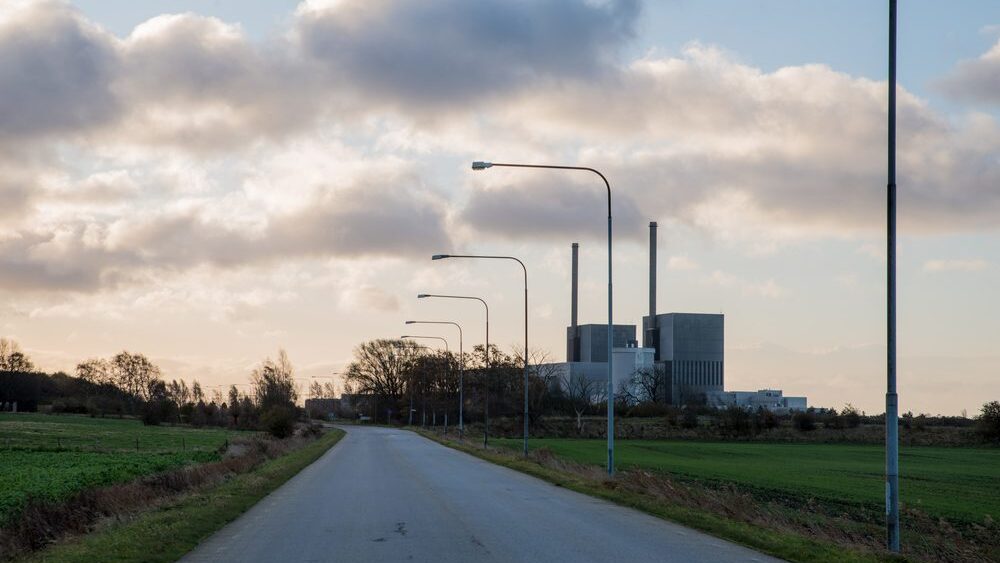
Barsebäck nuclear power plant, Sweden, finally closed in 2005. The owner, German Uniper, in November 2022 stated unequivocally they will not make any future investments in nuclear power—in Barsebäck or elsewhere.
On a state visit to Sweden at the end of January, French President Emmanuel Macron confirmed the establishment of a strategic partnership between the two countries. At the heart of the bilateral negotiations is an agreement—under discussion for several months—to develop nuclear power.
En visite dans un pays ami de la France, membre de notre grande famille européenne, allié stratégique, bientôt intégré à l’OTAN : la Suède. Chers amis, merci pour votre accueil. pic.twitter.com/6hUaeLjzIf
— Emmanuel Macron (@EmmanuelMacron) January 31, 2024
Just over a year ago, the French and Swedish governments agreed to set up bilateral cooperation in the nuclear energy sector. In December, the two countries confirmed their project at the European Energy Summit. France’s aim is to help build several reactors on Swedish soil.
The agreement comes at a time when France—turning its back on several years of anti-nuclear policy during Emmanuel Macron’s first presidential term—has decided to invest in the energy sector once again, building six new reactors by 2035.
The nuclear sector, long considered a French flagship, was neglected for ecological reasons before being brought back into vogue by the Russian-Ukrainian conflict. The war in Ukraine highlighted the need for alternative energy sources to gas and oil from Russia, in order to strengthen strategic autonomy.
The choice of nuclear power in Sweden can be explained by the advent of a new centre-right majority government, with the victory of the Sweden Democrats in September 2022. The Swedish administration that emerged from these elections announced the target of constructing two reactors by 2035, followed by a further 10 by 2045.
The development of Swedish nuclear power will be based on a partnership between the French state-owned company EDF (Electricité de France) and the Swedish company Vattenfall, based on exchanges of technology “for the participation in support of reactor maintenance, life extension and power upgrades of the reactors,” as stated in a letter of intent signed by French Ecological Transition Minister Agnès Pannier-Runacher and her Swedish counterpart Ebba Busch.
In addition to the actual installation of the reactors, the collaboration agreement also focuses on research, with a major research and development component, particularly on the issue of radioactive waste treatment.
The nuclear agreement is part of a broader renewal of the bilateral strategic partnership between France and Sweden, which aims to pursue three common objectives: “support for Ukraine, the energy transition and competitiveness.” King Carl XVI Gustaf, through Prime Minister Ulf Kristersson, and President Macron affirmed their desire to commit to “innovation in sustainable, digital and resilient societies,” and highlighted the shared strength of them leading innovation-oriented industrial powers, particularly in technology and the space industry.
According to French Minister for Ecological Transition Pannier-Runacher, the Franco-Swedish agreement is a sign of the “return of nuclear power” at European level, which she believes is necessary to guarantee European sovereignty and energy security. France and Sweden intend to play a leading role in the nuclear alliance, launched in Stockholm in February 2023, which currently brings together 11 European countries that are in favour of nuclear energy as the carbon-free energy alternative par excellence.
